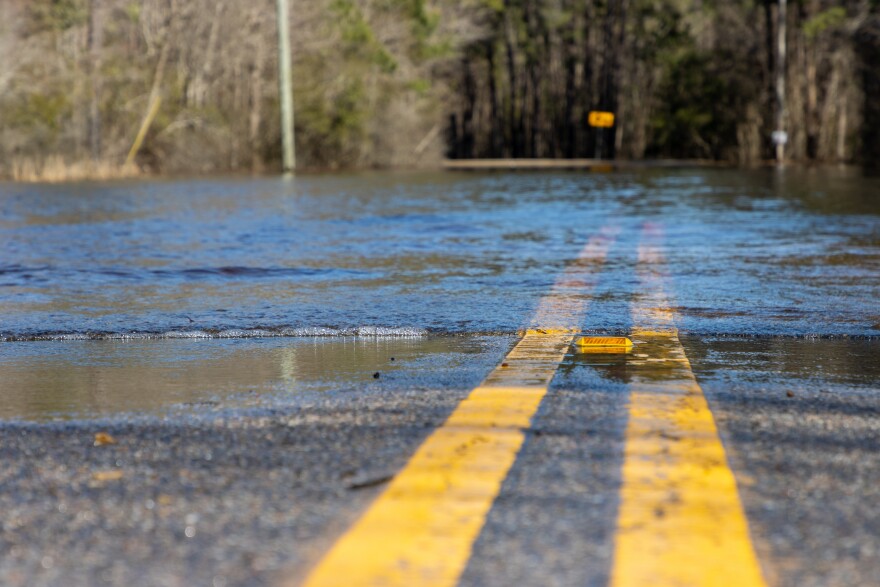If you live in a flood prone community, soil health from nearby farmland may have something to do with it.
Ag voices in Wisconsin say government-funded conservation programs are effective in mitigating risks and disaster expenses.
Congress will soon renew debate over long-term Farm Bill funding, including incentives for producers to adopt practices like no-till farming, which allow the soil to hold more water after heavy rain.
Juli Obudzinski, sustainable agriculture policy consultant for the Michael Fields Agricultural Institute, said it is not only an issue for farmers and policymakers. She emphasized taxpayer dollars come into play when programs are underfunded.
"Some of the costs that they pay because of the lack of investment in soil health practices, especially municipalities, rural communities, even state budgets when they're looking at costs to repair flooding damages," Obudzinski outlined.
Her research showed between 2009 and 2019, Wisconsin suffered nearly $36 million in flood damage. On the other side, she acknowledged soil health investment and improved water quality pay off for communities, such as boosting home values along watersheds. The discussions also follow recent conservation funding boosts from the Inflation Reduction Act, with advocates noting they are poised to help more rural areas.
Ron Schoepp, a farmer from south-central Wisconsin, is among those who have tapped into Inflation Reduction Act incentives this year through the federal Conservation Stewardship Program. He is adding to the soil health practices he has carried out over the years, providing benefits reaching beyond his property.
"We farm right on Lake Wisconsin and so there's less runoff," Schoepp explained. "That definitely helps neighbors by keeping a cleaner Lake Wisconsin."
He also contended making incentives more accessible could place less stress on disaster aid programs for farmers. Congress has until next fall to adopt a new Farm Bill after extending the recent version for another year. While many programs have bipartisan support, it is unclear how funding disagreements and the 2024 election will influence reauthorization.




